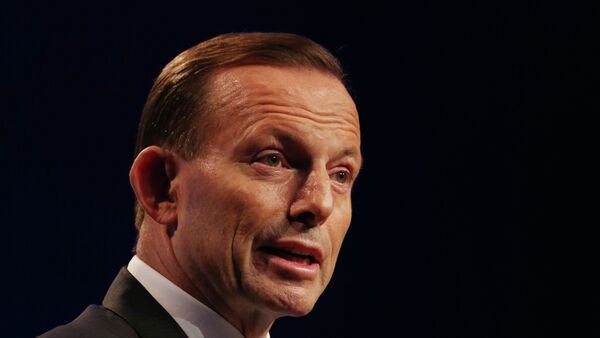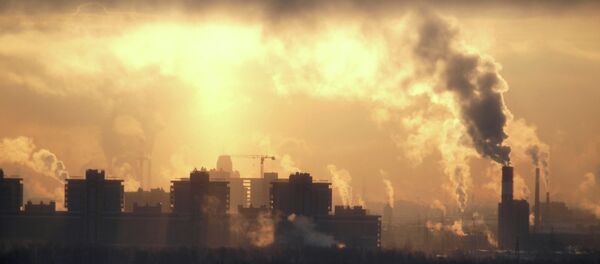"I don't have any theological objection to nuclear energy," Abbott spoke at a press conference, adding that nuclear energy has "never been an option up to now" due to "hundreds of years" worth of coal and gas reserves.
Abbott's statement came as the global community is raising more concerns about climate change.
On Monday, United Nations climate negotiators will gather in Lima, Peru, for a 12-day conference to spearhead a new global climate change treaty with a goal to curb greenhouse gas emissions. Foreign Minister Julie Bishop, who on Sunday called nuclear energy "an obvious conclusion" to the issue of reducing carbon, will lead the Australian delegation.
Australia has the world's largest known uranium reserves (31 percent), and the third-highest level of production, behind Canada and Kazakhstan, according to the World Nuclear Association. Most of it is exported to the United States, the European Union and Japan, while the rest is sold to China and Southeast Asia.
Australia's vast coal (78 percent) and natural gas (14 percent) reserves supply low-cost power in the country. A study during the previous administration revealed that Australia's per capita emissions were the highest among developed countries and in the wider world.


